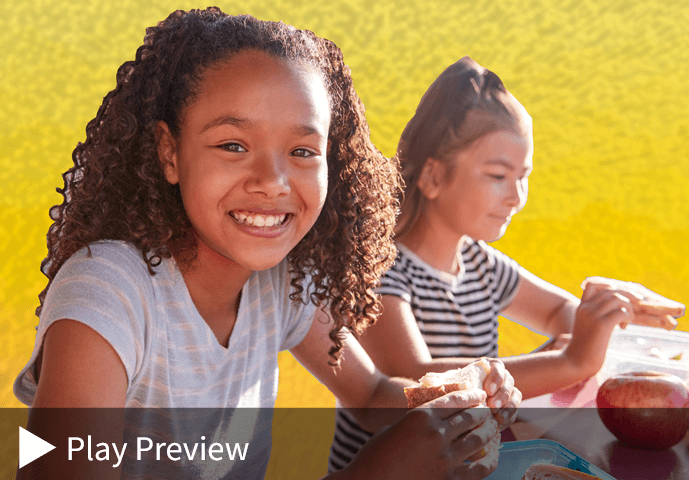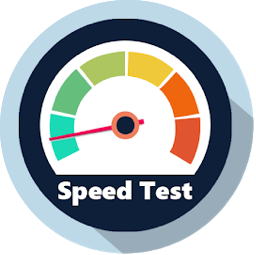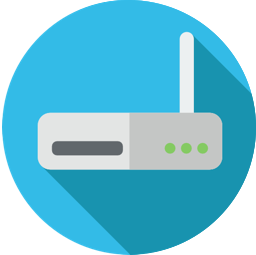
90 minutes of instruction followed by previously recorded Q&A moderated by Dr. Pam Crooke
- 5 critical life skills tied to social emotional learning and organized thinking for tweens, teens, and young adults
- Explicit metacognitive tools and practical strategies
- Tips on specific executive functions to foster development of social learners’ competencies toward achieving their personal and social goals
- Why learning to be comfortable with discomfort is an important anxiety management strategy
2 hours of CE credit (90 minutes of instruction, 30 minutes of previously recorded Q&A) available for select professionals. For any special accommodations or assistance with resources email us.
5 Critical Life Skills for Tweens, Teens and Young Adults
That Often Remain Untaught
Replay access through November 30, 2023
Detailed Description
Who should attend
For more than 25 years, we have focused our lens on adolescents and young adults, not only as their teachers but also actively as learners of what they are experiencing as they emerge into adulthood, as well across time living as adults. It is collectively agreed upon by different communities worldwide that children’s primary and secondary school endeavors are designed to prepare them for life beyond these school years. However, our experience is that too many students struggle immensely as they step out of high school and into an adult world of college, vocational, career, friendship, and family expectations that are vastly different and more sophisticated than what they experienced as children, tweens, and teens.
Clearly there is a gap between what we value and teach based on our community’s academic standards and what competencies are required in adulthood, given it’s expected that by the time students emerge into young adulthood, they have firmly established many concepts and skills to function as independent adults.
This course explores 5 critical life skills that should be actively taught within our schools and homes, beginning a decade before students are expected to function as young adults. Neurotypically developing children are naturally exploring all these concepts, beginning in primary school. Our students with social emotional and/or organizational learning differences require explicit metacognitive explanations paired with practical strategies that help unpack abstract expectations. This direct instruction provides concrete tools for helping them evolve in learning related competencies. Interventionists will find much of this information relevant for actively working with students, beginning when they are 11 years old and when continuing to address these concepts throughout their tween, teen, and young adult years and across adulthood, as societal expectations naturally become more complex and nuanced over time.
Topics explored during this course:
- Social competencies needed to be considered an “independent” young adult
- What’s important for managing in and across an individual’s life is likely not graded on tests and classwork
- Rather than aspire to “be happy” on any given day, aspire to experience well-being
- Do more than talk about what you plan to do: identify reasonable goals, as well as develop and use strategies to work toward accomplishing them
- Managing anxieties while building competencies to initiate and maintain face-to-face communication
Who Should Attend
The Social Thinking Methodology is used by a wide variety of professionals, including speech-language pathologists, special and general education teachers, social workers, counselors, clinical and school psychologists, occupational therapists, behavior specialists, and school administrators, to name a few. It’s also used by family members and caregivers across settings.
Learning Objectives and Agenda
Objectives
Participants will be able to:
- Explain why it’s important to teach individuals the importance of being comfortable with discomfort.
- Define the Four Steps of Executive Functioning.
- Explain why sleep management, including when and how to wake up, is an essential life skill.
Agenda
1 hour and 30 minutes
- Defining what it means to become “independent”
- Explore important life skills and social concepts not graded in school
- Being “happy” versus learning to establish “well-being” in one’s life
- Shifting from talking about doing things to actually doing them
- The importance of learning to initiate in-person communication and managing related anxieties
30 minutes Previously recorded Q&A about course content
Technical requirements to participate in online training
Streaming compatible browser

The best browser for streaming is Google Chrome. If you are unable to use Chrome, please make sure the version of your browser is the latest and greatest.
Download ChromeHigh-speed internet connection

Make sure you are accessing the online course on a device that is connected to high speed internet—that means your download speed is at least 25Mbps.
Run Internet Speed TestOpen firewall ports

If you are accessing the online course from your school or organization, ask your network administrator if there are any firewall ports that need to be opened.
Learn More














